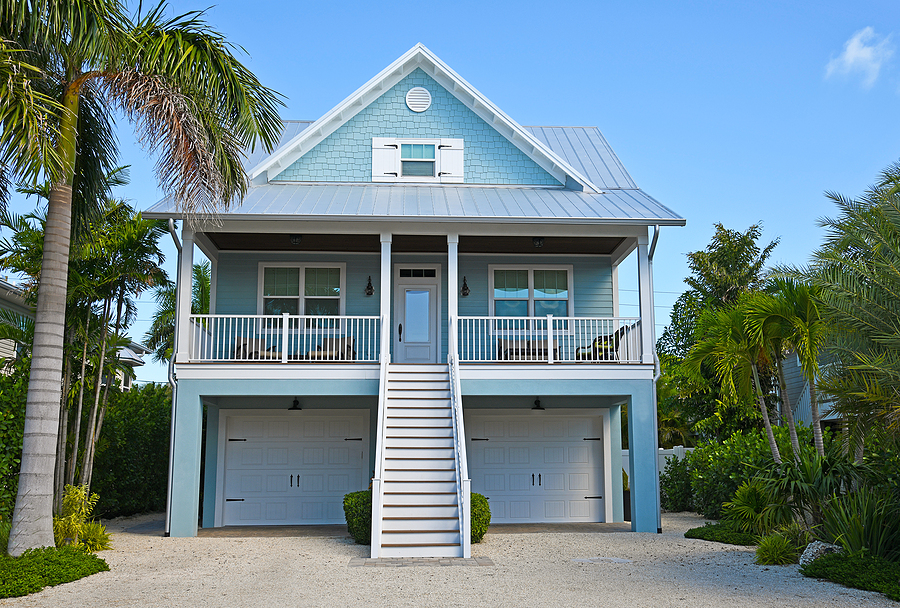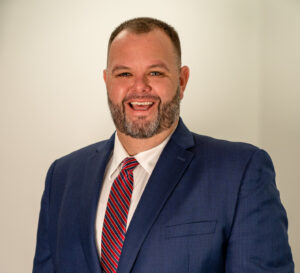
Injured by a slip and fall at a rental property? When is the landlord responsible?
When it comes to slip and fall accidents, the truth of the matter is that they can occur anywhere and to anyone. They most commonly occur in grocery stores, restaurants, and other privately owned businesses. However, a slip and fall accident can occur on your rental property as well. In certain circumstances, you may have grounds to sue your landlord or the owner of the property if their negligence caused your injuries.
Each year falls account for over eight million emergency room visits, making them the leading cause of visits at 21.3%. Falls can be from heights, or because of a slip. For example, a fall in an apartment complex could occur because of a broken or loose stair.
Can a Landlord Be Negligent for a Slip and Fall Injury?
In short, yes. There are many ways that a landlord can be negligent. As a result of their negligence, accidents can occur. If those accidents lead to injury, they could be liable in a slip-and-fall accident claim.
Dangerous Conditions
It’s a landlord’s job to ensure that the living space is habitable and reasonably free of dangers. They must keep all common areas maintained. This means maintaining them before an accident happens or a request is filed for maintenance.
Knowledge of Potential Dangers
If the landlord knows any potential dangers on the premises, they must alert the tenants prior to the tenants move in date. Examples of this include the presence of mold, lead paint, and other dangerous chemicals. They must also alert the tenant about any hazards, like loose floorboards, leaks, or broken stairs. However, they must also be in the process of fixing these hazards. The longer a landlord allows a hazard to go unfixed, the more liable they’ll appear in court.
Foreseeable Accidents
Landlords are only liable if the accident was foreseeable. For example, if a stair in a specific hallway was broken, it could cause an accident. A landlord, in this case, should redirect their tenants to use a different staircase or elevator while repairs are being done. In the case that an accident occurs because of something that couldn’t be foreseen, it’s unlikely that the landlord would be liable for the accident.
Failure to Prevent Accidents
If a landlord fails to take reasonable steps to prevent accidents from occurring, they could be liable if an accident were to occur. Landlords owe a certain level of duty of care to their tenants, meaning they are required to keep them safe from hazards and dangers at a reasonable level. If a landlord doesn’t take reasonable action to prevent accidents from happening, they could be liable for any injuries that are caused as a result of the accident.
Common Hazards on Rental Properties
Hazards on rental properties can cause physical harm (such as traumatic brain injury from a slip and fall accident) and also cause harm to one’s health (like mold or lead poisoning). Common hazards on rental properties that cause slip and falls include:
- Loose floorboards
- Broken or loose stairs
- Missing handrails
- Structural issues
Other health hazards on rental properties include:
- Lead paint dust
- Corroded lead pipes
- Asbestos
- Mold
- Radon
- Carbon monoxide
- Missing or broken smoke detectors
- Pests
When a Landlord Doesn’t Provide You with a Habitable Home
One of the main requirements of a landlord is that they’re required to provide you with a livable home. If they do not maintain the livable status of your apartment while you’re living there, you may be able to terminate your lease due to a break on their side. If an accident occurs, you may also be able to file a lawsuit against them for their negligence in the matter.
What to do After a Slip and Fall Accident
After an accident occurs in your home (or in the common areas of the rental property), you should first seek emergency medical treatment if you need it. If you don’t require emergency medical treatment, you should report the accident. Call your landlord or the property rental company and alert them immediately of the accident that occurred. Take pictures of the scene before they arrive and have a chance to correct the issue.
If anyone witnessed the accident, speak to them and exchange information. Don’t give a statement to anyone, even your landlord or rental property management team. You should however, record a statement for yourself so you can remember the exact details of what happened later on down the road.
You should then seek medical attention and call an attorney. If you don’t believe that you’re injured you should still seek out medical attention. Some injuries are often masked by adrenaline caused by the accident.
Types of Compensation
For your injuries, you can receive different types of compensation. For slip and fall accidents you can claim both economic and non-economic damages. Economic damages include medical bills (for ambulance rides, surgery costs, physical therapy, and other treatment) and lost wages.
Non-economic damages include compensation for pain and suffering, loss of earning capacity, loss of consortium, and permanent disability or disfigurement. In general, the more severe your injury was (such as a traumatic brain injury or spinal cord injury) the more compensation you’ll receive. Non-economic damages are calculated based on how much your quality of life has changed since the accident. If you can no longer walk or perform tasks you used to, you’re more likely to receive more compensation than someone who has injuries they’ll recover from.
Contact a Florida Slip and Fall Attorney
If you or someone you love has been injured in a slip and fall accident inside your rental unit (or the common areas) please contact one of our experienced attorneys here at The Eberst Law Firm. We’re ready to take on your case and help you get the compensation and justice that you deserve. For more information, please contact us online using our chat box option or at 772-225-4900.
